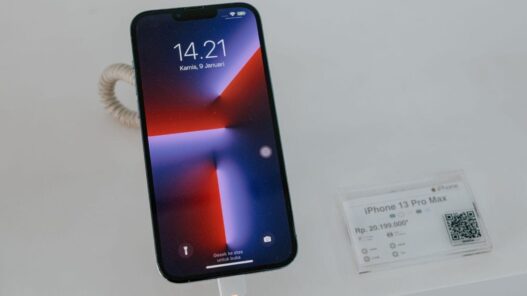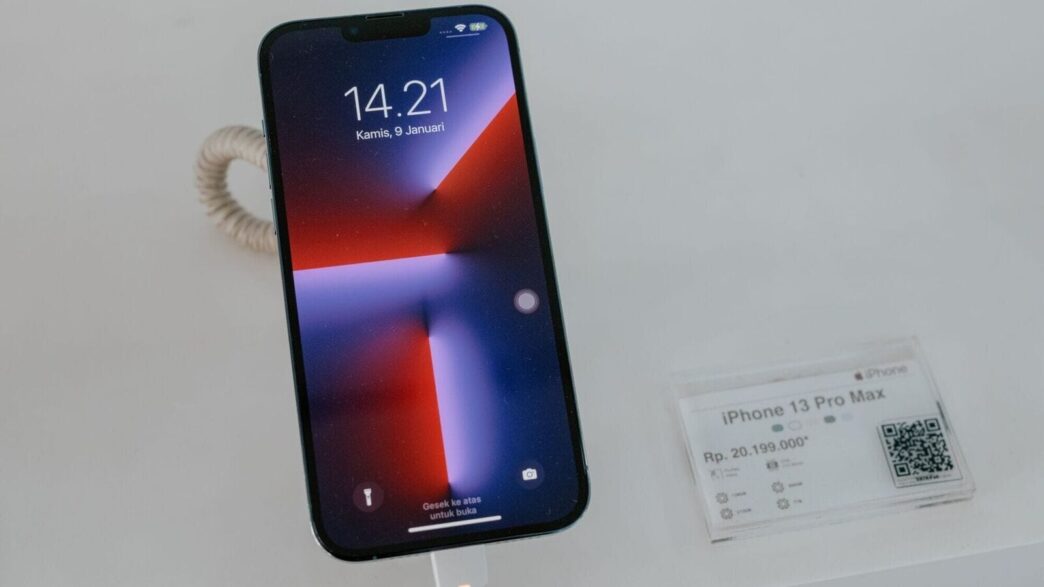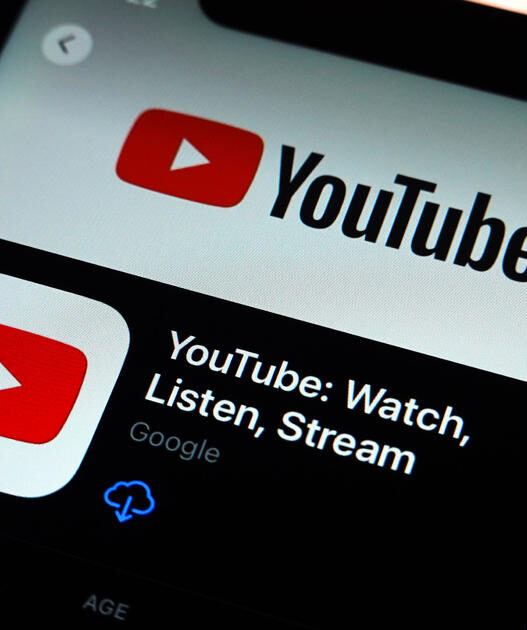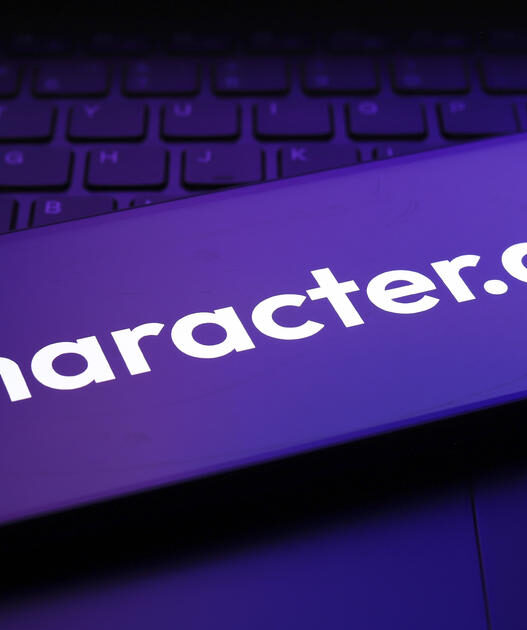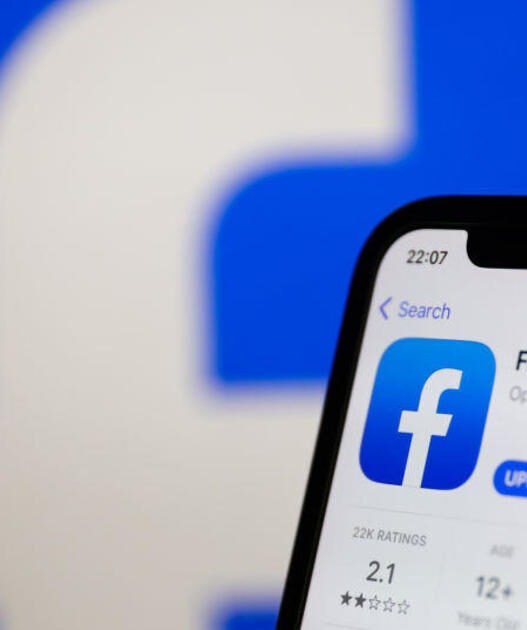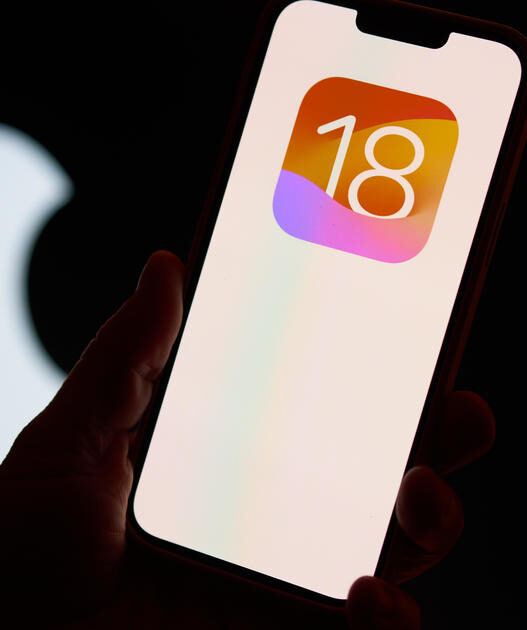Britain has demanded that Apple provide extensive access to encrypted user data stored on its cloud platform, marking an unprecedented move in major democracies, according to a report byThe Washington Post.
Reportedly, the order, issued under a “technical capability notice” last month, is said to go beyond standard requests for assistance with accessing specific accounts. Instead, it seeks blanket access to data, raising fresh concerns over privacy and digital security.
Governments frequently request data from technology companies to aid criminal investigations, but the scale of Britain’s demand is said to be without precedent. Neither the Home Office nor Apple has commented publicly on the report.
According to a Reuters report, the notice was issued under the Investigatory Powers Act 2016, which consolidated various surveillance and interception laws. While security agencies argue that encrypted data hampers efforts to combat criminal activity, technology firms have consistently defended encryption as essential for user privacy.
A key point of contention is Apple’s Advanced Data Protection feature, which ensures that only users—not even Apple—can access their cloud-stored data. While most Apple customers use basic security features such as two-factor authentication, this advanced safeguard offers an additional layer of protection for those seeking heightened security.
Potential impact on Apple’s security features
Apple has previously stated that it would never create a “back door” in its products and has warned that it may have to withdraw Advanced Data Protection from the UK if forced to comply with such demands. During government consultations last year on updates to the Investigatory Powers Act, Apple raised concerns that proposed changes could weaken security protections for all users.
The latest move follows the introduction of Britain’s Online Safety Act 2023, which mandates action against child sexual abuse material on online platforms. However, technology firms, including Meta’s WhatsApp and the encrypted messaging service Signal, have argued that the law undermines end-to-end encryption, which ensures private communications remain secure.
This is not the first time Apple has faced government pressure over encryption. In 2016, the company successfully resisted a U.S. government order to unlock an encrypted iPhone linked to the San Bernardino terror attack, arguing that creating a backdoor would set a dangerous precedent.
(With inputs from Reuters)

